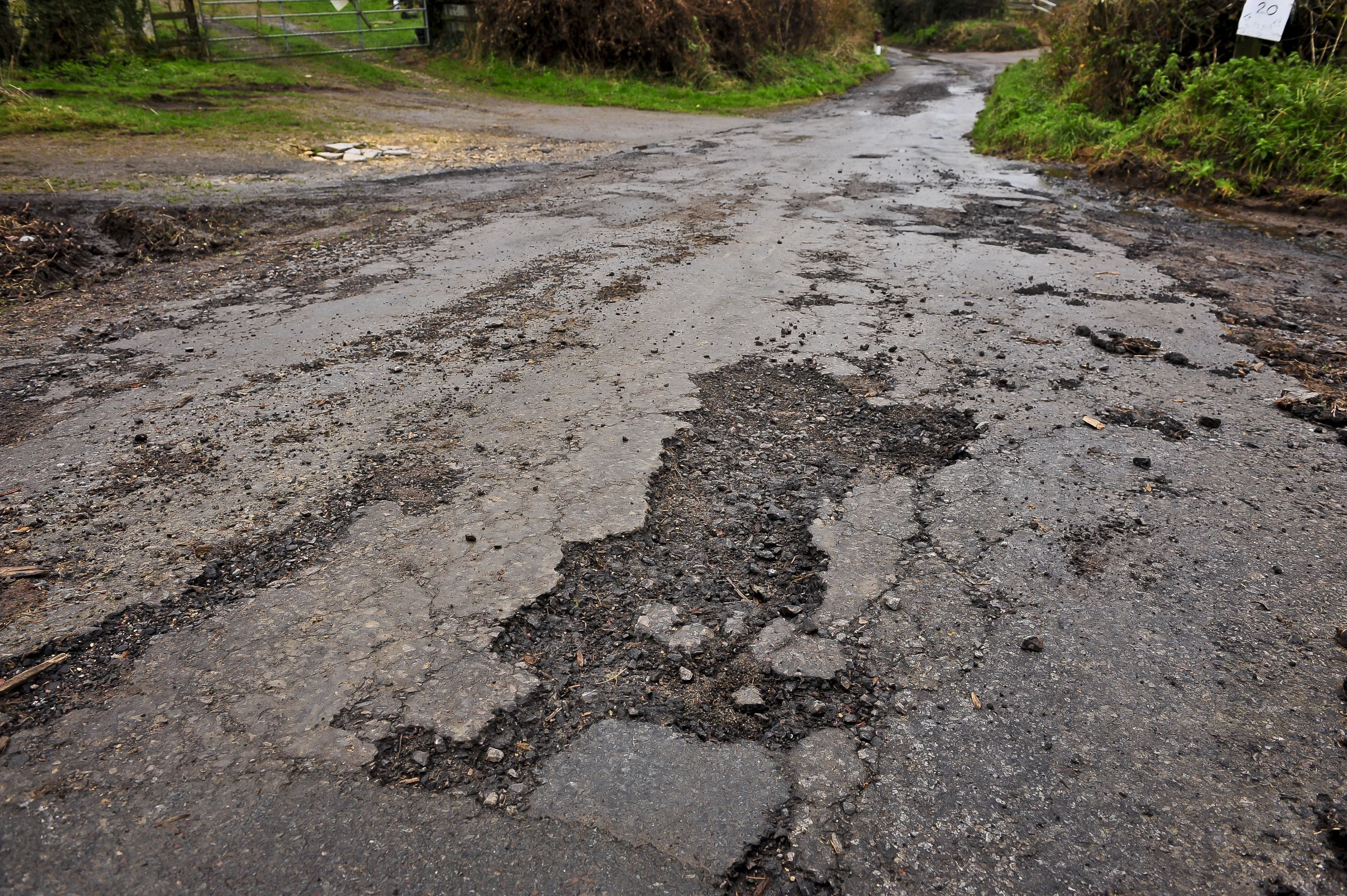City officials in San Jose, Calif., are using artificial intelligence to try to fix the city’s infrastructure. It’s deploying the technology throughout the city’s administrative services and reporting its findings to the GovAI Coalition, an initiative announced in November 2023.
“The goal is to see if we can change our model from being reactive to being proactive,” San Jose Chief Information Officer Khaled Tawfik said in an interview with the Wall Street Journal. “Can we identify potholes so we can address them before people call us to report an issue? Can we detect graffiti immediately?”
The city has faced some controversy over its camera-equipped cars, which looked for abandoned vehicles and road safety hazards. Opponents argue this could hurt unhoused individuals and invade their privacy, so city officials scrapped their plans to collect data on vehicles used as shelters.
The promise of so-called
smart cities has been around for years, often caught up in conversations around the rise of 5G connectivity, but with artificial intelligence, we might see some of those claims come to life. Claims of state surveillance will also abound: More data for Big Brother can be used in good ways or bad ones. Let’s hope they just find and fill those potholes.
